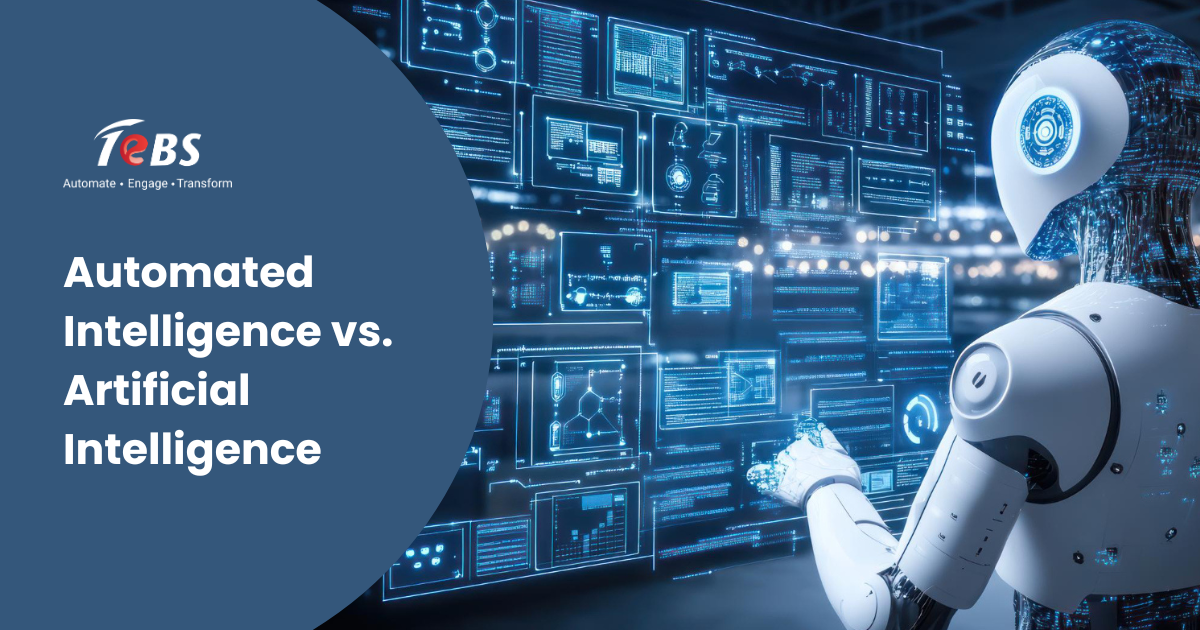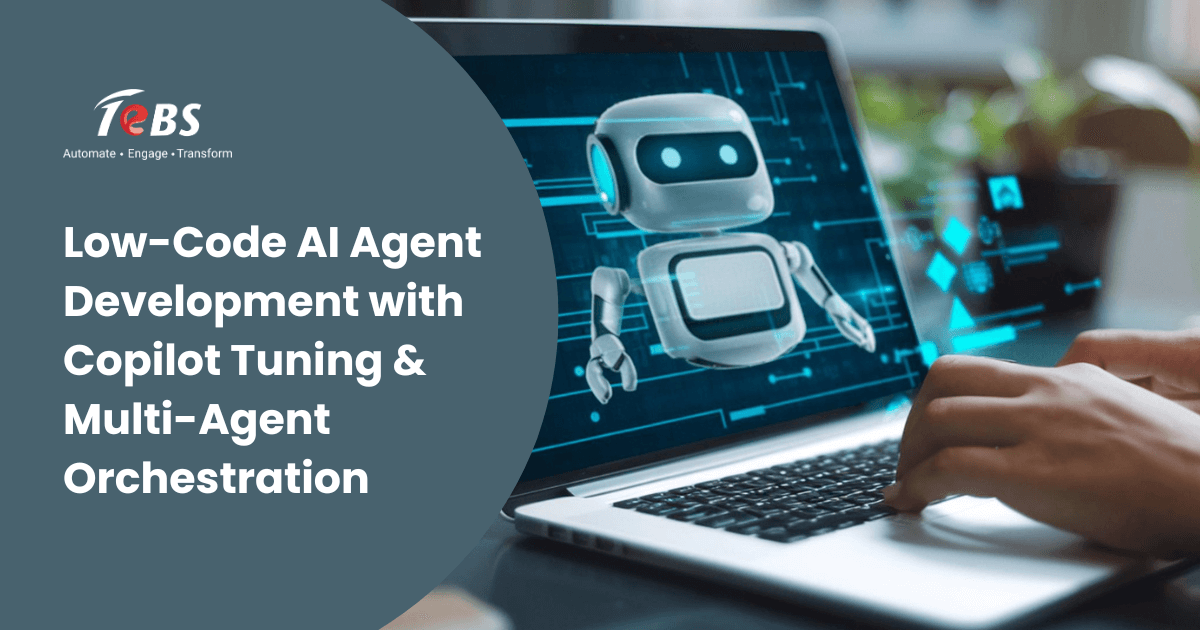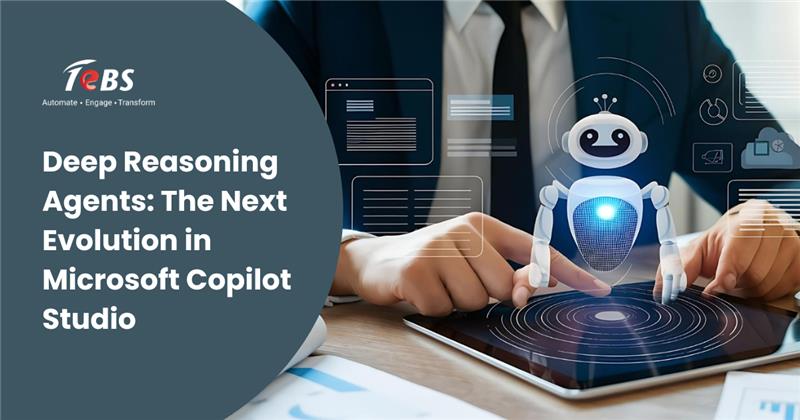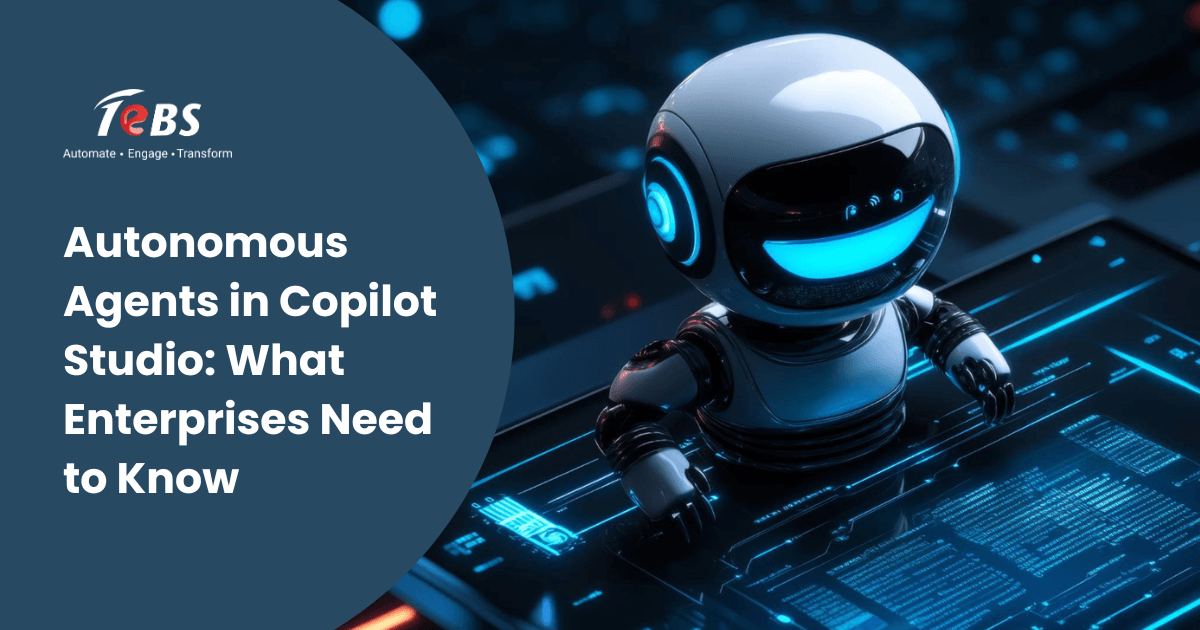Summary
Artificial Intelligence (AI) focuses on simulating human intelligence—helping machines learn, reason, and make decisions. Intelligent Automation (IA), on the other hand, combines AI with automation tools like RPA to execute complex workflows with speed and adaptability. In simple terms, AI is about “thinking,” while IA is about “doing with intelligence.” Businesses use AI for chatbots, generative content, and predictive analytics, while IA handles process automation such as CRM updates, lead nurturing, and invoice processing. When combined, AI and IA create powerful, scalable solutions that boost sales productivity, streamline operations, and improve customer engagement—delivering greater efficiency and growth.
The rapid advancement of technology has transformed how businesses operate, connect with customers, and achieve growth. Two terms often discussed in this transformation are Artificial Intelligence (AI) and Intelligent Automation (IA). While they share certain similarities, each plays a unique role in driving efficiency, innovation, and results. Understanding the differences between AI and IA, and how they work together, is essential for building a high-performing sales and marketing ecosystem.
Understanding Artificial Intelligence (AI)
Definition of Artificial Intelligence
Artificial Intelligence refers to the simulation of human intelligence in machines that can perform tasks typically requiring human thought. These systems can process large volumes of data, learn from patterns, make decisions, and improve over time without constant human intervention. AI is not limited to a single technology but includes a wide range of subfields that enable machines to think, reason, and act in ways that mimic human intelligence.Key Applications
Chatbots and Virtual Assistants
AI-powered chatbots and virtual assistants provide 24/7 customer engagement. They can respond to inquiries, guide users through purchasing processes, and handle repetitive questions with accuracy. This enhances customer experience while freeing sales teams to focus on complex deals.Generative AI
Generative AI creates new content such as personalized emails, proposals, or marketing collateral. By using deep learning models, it can produce high-quality, tailored content that resonates with prospects, reducing manual effort and accelerating campaign execution.Machine Learning (ML)
ML enables systems to learn from historical data and improve outcomes over time. In sales, this might mean predicting customer buying behavior or identifying cross-selling opportunities based on past transactions.Natural Language Processing (NLP)
NLP allows machines to understand and interpret human language. It powers sentiment analysis, voice recognition, and advanced search functions, enabling businesses to gain deeper insights from customer interactions and feedback.What is Intelligent Automation (IA)?
Definition of Intelligent Automation
Intelligent Automation combines AI capabilities with robotic process automation (RPA) to automate complex workflows that require decision-making and adaptability. While RPA handles structured, repetitive tasks, the AI component allows the system to manage unstructured data, adapt to new inputs, and execute more advanced processes.
According to Gartner’s research on intelligent applications, AI-powered systems are now expected to “learn, adapt, generate new ideas and outcomes, and increase automated and dynamic decision making.” This makes Intelligent Automation a powerful driver of business agility and operational excellence.
Key Features
Boosting Sales Productivity
IA eliminates time-consuming administrative work so sales teams can focus on building relationships and closing deals. Automated CRM updates, proposal generation, and follow-up reminders are just a few examples of how IA enhances productivity.Ensuring Operational Efficiency
By streamlining workflows and reducing manual intervention, IA minimizes errors, speeds up processes, and ensures consistent performance. This leads to faster response times and improved customer satisfaction. Learn how AI Automation for end-to-end workflows orchestrates complex, multi-app processes to deliver consistent outcomes.Sales on Autopilot: How AI and IA Supercharge Your Team
When AI and IA work together, sales teams can operate in a near-autonomous mode, handling administrative and analytical tasks with minimal manual effort. As Microsoft highlights in Revolutionize the way you work with automation and AI, combining intelligent automation with AI unlocks new levels of productivity across industries.Simplifying Data Entry
Automated systems capture, process, and store customer data from multiple sources without the need for repetitive manual input. This ensures accuracy while freeing up hours of valuable sales time.Identifying Hidden Sales Opportunities
AI-powered analytics can reveal patterns and trends in customer behavior that might go unnoticed. These insights help teams uncover cross-sell and upsell opportunities that drive revenue growth.Automating Data Management
Intelligent Automation can synchronize data across multiple platforms, ensuring that sales teams always have up-to-date and accurate information for decision-making.Effortless Scheduling for Sales Teams
AI-powered scheduling tools find optimal meeting times based on calendars, time zones, and availability. This eliminates the back-and-forth communication that can delay critical conversations with prospects.Key Differences Between AI and IA
Core Concepts Comparison
- Artificial Intelligence focuses on simulating human cognitive functions like learning, problem-solving, and reasoning.
- Intelligent Automation combines AI’s decision-making with automation tools to execute complex workflows without human intervention.
Use Cases in Business
- AI: Predicting customer churn, generating personalized marketing content, analyzing sentiment in customer reviews.
- IA: Automating invoice processing, handling end-to-end lead nurturing workflows, executing onboarding processes for new customers.
Benefits of AI and IA in Sales and Marketing
Personalized Prospecting Strategies
AI analyzes prospect data to segment audiences and deliver targeted outreach campaigns. This ensures messaging is relevant and increases engagement rates.Intelligent Lead Scoring Techniques
By assessing a variety of factors such as engagement history, company size, and buying signals, AI and IA can assign scores to leads, helping sales teams prioritize efforts on the most promising prospects.Real-Time Sales Coaching Tools
AI-driven tools can provide on-the-spot feedback during sales calls, suggesting conversation adjustments, objection responses, and upselling opportunities in real time. For example, in our Enabling Operational Excellence with AI-Powered Digital Transformation case study, TeBS showcased how ethical AI integration and continuous monitoring improved business outcomes.”Dynamic Content Creation
Generative AI can produce customized proposals, presentations, and marketing assets on demand, ensuring materials are always fresh, relevant, and tailored to each prospect.Predictive Analytics for Sales Growth
By leveraging historical data, AI can forecast future sales trends, allowing businesses to proactively adjust strategies and resource allocation to meet targets.Automating Objection Handling
IA can trigger relevant content or pre-approved responses based on objections raised during sales interactions. This ensures timely, consistent, and persuasive follow-ups that keep deals moving forward.Conclusion
The combined power of Artificial Intelligence and Intelligent Automation is reshaping the way sales and marketing teams operate. AI brings cognitive capabilities that help businesses understand, predict, and personalize customer experiences. IA takes those insights and turns them into automated, efficient processes that reduce manual effort and accelerate outcomes.
Organizations that strategically implement both AI and IA can unlock higher productivity, increased revenue, and stronger customer relationships. By removing repetitive tasks and enabling teams to focus on value-driven activities, businesses gain a competitive edge in today’s fast-evolving market.
For enterprises looking to transform their sales and marketing operations with AI and IA solutions, expert guidance and tailored implementation are key to success. Explore how TeBS AI Services can help your organization achieve measurable growth.
To explore how your organization can harness AI and IA for growth, contact us at [email protected]
Frequently asked questions
What is the difference between automation and artificial intelligence?
Automation follows pre-set rules to complete repetitive tasks, while AI uses data and learning models to make decisions and adapt over time.
What is the difference between AI and autonomous?
AI refers to systems that simulate human intelligence, while autonomous systems use AI plus automation to operate independently with minimal human input.
What is the main difference between AI and IT?
AI is a technology that enables machines to learn and reason, whereas IT (Information Technology) provides the infrastructure, tools, and systems that support digital operations.
What is the difference between automation vs AI vs Gen AI?
Automation executes rule-based tasks, AI adds decision-making and adaptability, and Generative AI goes further by creating new content like text, images, or code.
How does Intelligent Automation differ from Artificial Intelligence?
Artificial Intelligence “thinks” by analyzing data and making predictions, while Intelligent Automation “does with intelligence” by combining AI with tools like RPA to execute workflows.
Which is better for businesses: AI or automation?
Both are valuable—automation reduces manual effort, while AI drives insights and personalization. Together, they deliver the greatest impact on productivity, efficiency, and growth.





